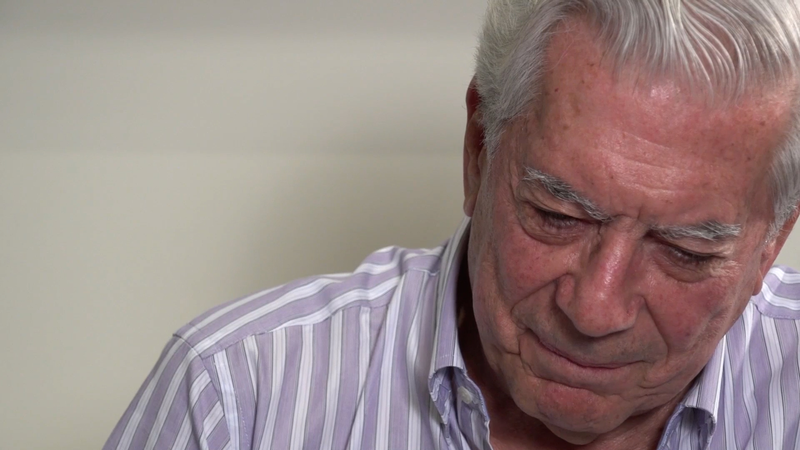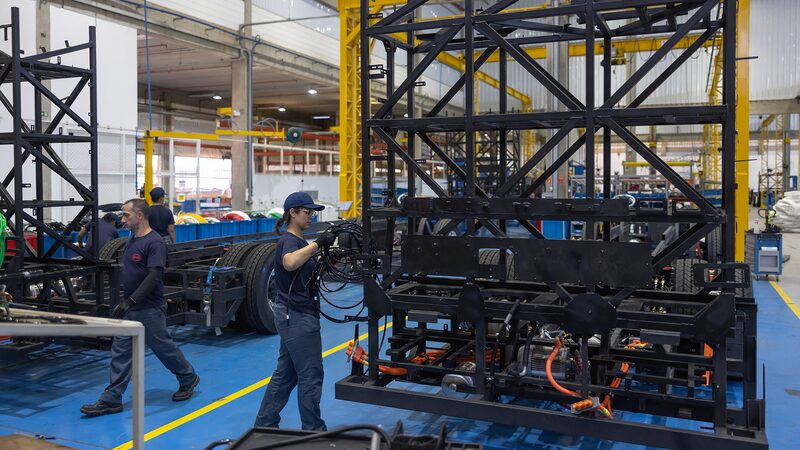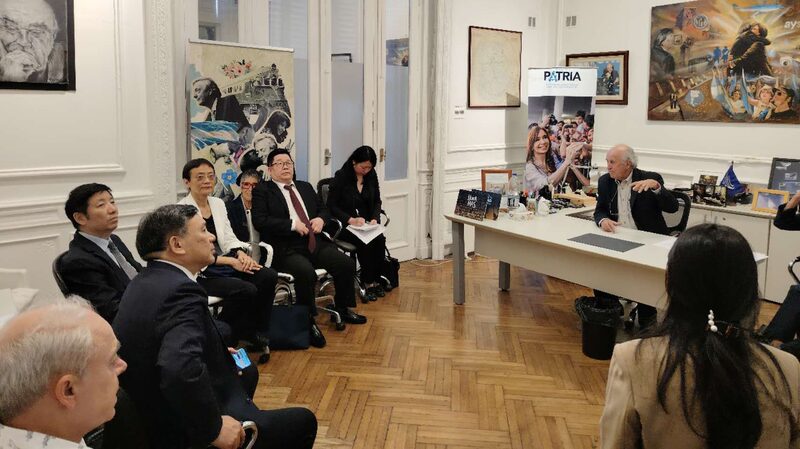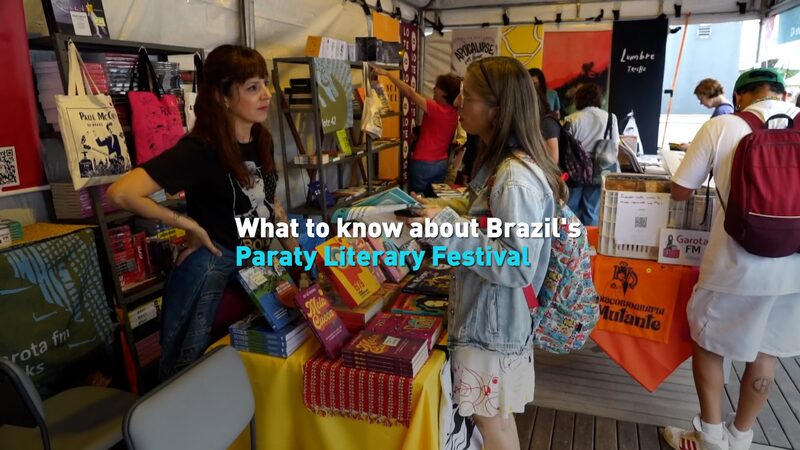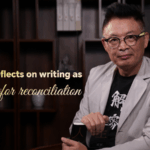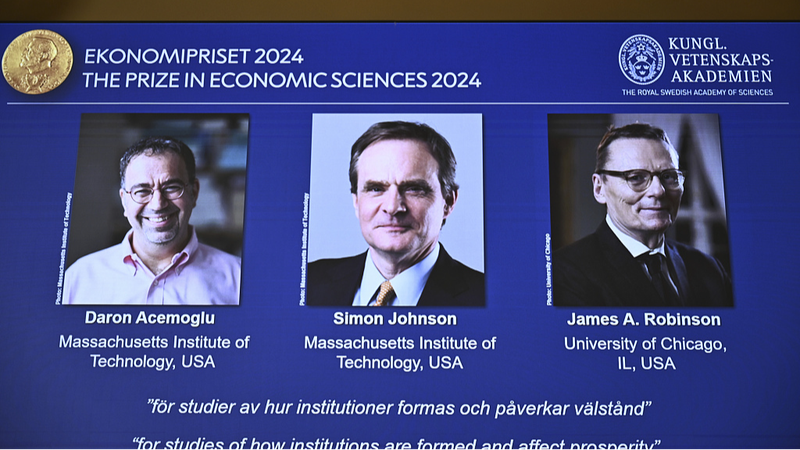Mario Vargas Llosa, the Peruvian novelist and Nobel laureate whose works explored power, resistance, and human struggle, has died at age 89. A towering figure in Latin American literature, he was celebrated globally for novels like The Time of the Hero and Conversation in the Cathedral, which dissected societal hierarchies and political turmoil.
The Swedish Academy awarded him the Nobel Prize in Literature in 2010, citing his "cartography of structures of power" and incisive portrayals of individual defiance. In a past interview with CGTN, Llosa reflected on his dual identity as a writer and political commentator, emphasizing literature's role in confronting authoritarianism.
Though rooted in Peruvian themes, Llosa's influence extended across continents, resonating with readers in Asia and beyond who grappled with similar themes of governance and personal freedom. Academics and literary enthusiasts worldwide have praised his ability to weave intricate narratives that bridge cultural divides.
His passing marks the end of an era for the Boom generation of Latin American writers, but his works remain a testament to the enduring power of storytelling in shaping global discourse.
Reference(s):
Nobel prize-winning Peruvian novelist Llosa leaves lasting legacy
cgtn.com
